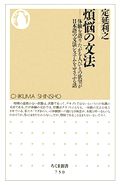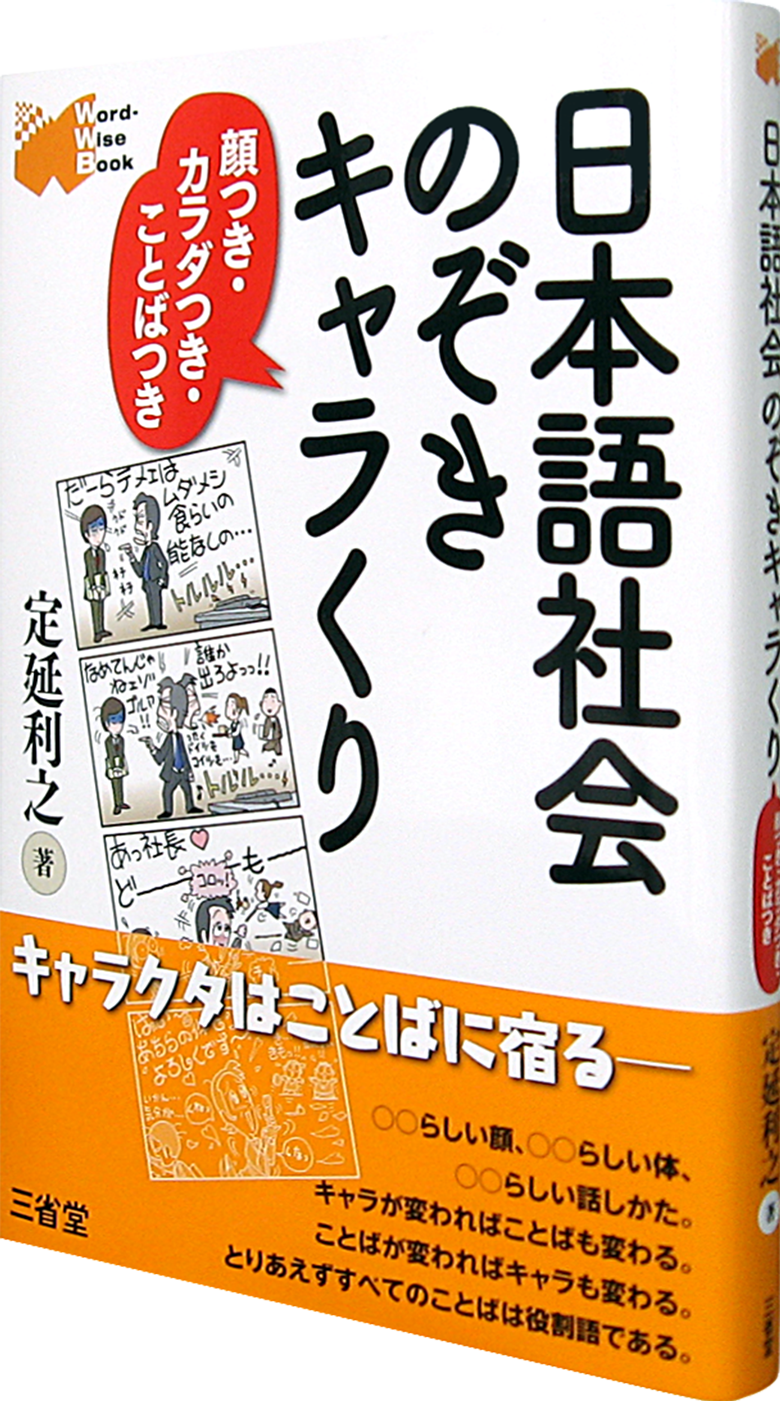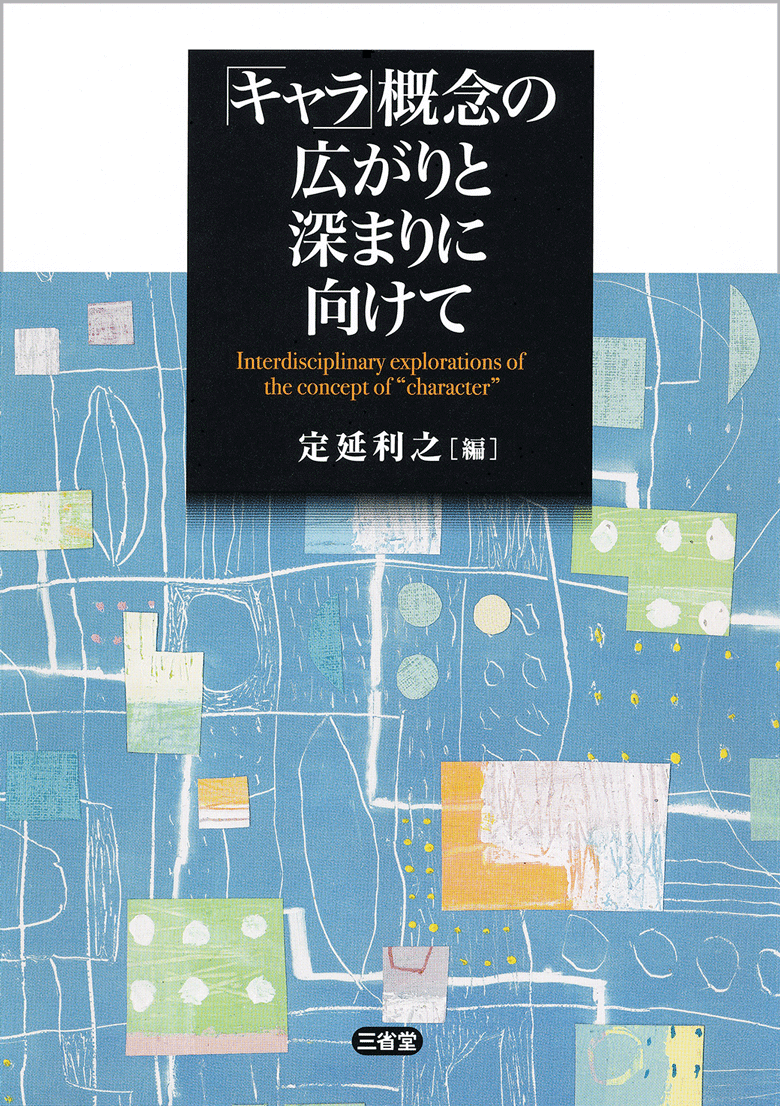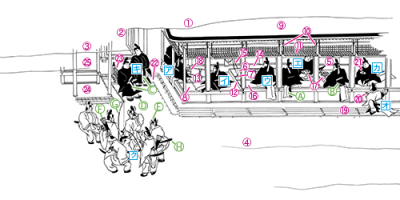
I’ve spoken about verbal characters from the four perspectives of “class,” “status,” “gender,” and “age” (parts 57–72), and answered my own imagined question of whether four perspectives are enough (previous). However, we could ask this same question differently from how we asked it last time. For example, in talking about “gender” I looked at the “male” and “female” characters, but not the “okama”(1) character. One could ask if this is acceptable. So today, I’d first like to explain the concept I’m calling “failed characters.”
Firstly, outside the context of play, character is completely incompatible with any intention to express something — I cannot emphasize this enough. For example, if one wants to be thought of as a “hero” character, one must, like the “fake Natsume Tosho” in Yamamoto Shuugoroo’s Gooketsu Bayari (1940), meticulously behave heroic in all matters, while not letting on in the least that one is putting on an intentional performance. (My apologies to the esteemed Mr. Shugoro for spoiling the plot of his story.)
When Tosho came to the manor, he had indeed mastered heroism of word and deed. Upon waking, he would not budge, and literally drink sake as if he was bathing in it. When he became drunk, one could often hear him singing in an inordinately loud voice:
-Ah, yanresano yanresano, ah, yanresano yanresano yanresano.
The way he would endlessly recite this phrase, regardless of complaints, was truly sublime, and made me realize that a hero does not concern himself with trifles.
-Ah, yanresano yanresano, what’s wrong with you guys? Why are you looking so shifty-eyed? Make up your mind to drink! Heroes don’t get uptight over minor things. I, Natsume Tosho, accept you for who you are! Let’s sing! Yanresano, ah yanresano yanresano!
That’s more or less how it would go.
[Yamamoto Shuugoroo, Gooketsu Bayari 1940]
All he had to do was let slip his express intention — “if I drink and sing this much, people will think I’m a ‘hero’” — to shatter his image as a “hero” character. I have said this all along in this series, soon after it began (part 3).
Now, suppose that a certain person has been secretly performing a certain character, when their intention is detected by another person. Oh no! In this case, that person has already failed as a character, and their performance ceases to be effective.
However, sometimes, due to such failure, the person must establish a sort of separate composite character, apart from the character they were aiming for. This is what I refer to as a “failed character.” (To be continued)
* * *









(1) See footnotes in Part 44 for an explanation of the word “okama.”